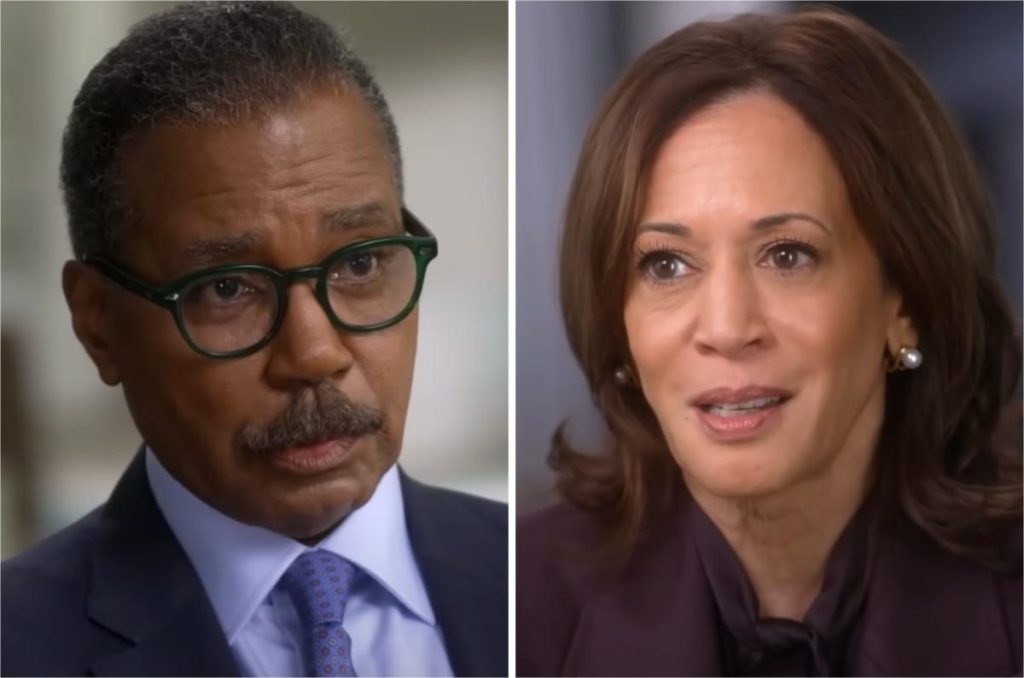The Kamala Harris campaign has been caught up in a controversy surrounding her “60 Minutes” interview, in which two different versions of her response to a question were aired. Donald Trump demanded that the network apologize for the editing of the interview, accusing CBS of making Harris appear “more Presidential” in the edited version. The clips of Harris’ responses have circulated on social media, prompting calls for the release of the full interview transcript. The Harris campaign has distanced itself from the controversy, stating that they do not control CBS’s production decisions.
In the longer version of her response, aired in a teaser on Oct. 6, Harris discussed the aid given to Israel by the U.S. and the ongoing diplomatic work with Israeli leadership. She emphasized the need for humanitarian aid, an end to the war, and a ceasefire to release hostages. In the shorter version that aired on “60 Minutes” on Oct. 7, Harris focused more on diplomatic pursuits and the need for the U.S. to be clear about where it stands on ending the war. The controversy surrounding the editing of Harris’ response has led to questions about CBS’s production decisions and calls for transparency.
Trump’s team claimed that he had backed out of his “60 Minutes” interview because the network wanted to fact-check it, a claim disputed by CBS News. This marks the first general election year since 1968 in which both presidential candidates did not sit down with “60 Minutes” in October, adding to the significance of the controversy surrounding Harris’ interview. CBS has not responded to requests for comment on the controversy, leaving the situation unresolved.
The discrepancy between the longer and shorter versions of Harris’ response has raised concerns about the media’s role in shaping public perception of political figures. The editing of interviews can have a significant impact on how politicians are portrayed in the media, as seen in this case with the differing versions of Harris’ response. The controversy surrounding the editing of the interview highlights the importance of transparency in media production and the need for accountability in reporting on political figures.
As the controversy continues to unfold, it remains unclear how it will impact public perception of Harris and the Trump campaign. Calls for the release of the full interview transcript have intensified, with critics questioning the motives behind the editing of Harris’ response. The Harris campaign’s decision to distance itself from the controversy reflects a desire to maintain integrity and transparency in their communications with the media. Ultimately, the fallout from the controversy could have lasting implications for how political figures are portrayed in the media and how the public perceives their statements.


